
I had the chance to talk to Oscar Trelles, who was until recently Head of Technology at Tribal DDB Worldwide, and shares some interesting in-depth technology thoughts around mobile and digital media innovation in agencies.
Oscar is a seasoned digital marketing and technology professional with over a decade of experience leading multidisciplinary teams. He has held leadership roles at a handful of digital agencies in New York, including running his own production business. Find him on Twitter @oscartrelles.
Oscar, thanks for taking the time. We have known each other for a long time, could you summarize what your current focus area is?
In a nutshell, my focus right now is on emerging technologies, how they affect consumer behavior, and how they can be leveraged in marketing and advertising. For the last twelve plus years, I have helped agencies and direct clients navigate the technology landscape and develop creative solutions to very specific problems, so I am utilizing that expertise to proactively identify potential solutions to more general ones.
How does that contrast with what you were doing a decade ago?
Solving problems has always been at the core of my roles, specially that far back in the past, when we were basically building the foundations of the medium. A decade ago, digital as a whole had a much smaller footprint and was just starting to emerge as a direct-to-consumer marketing platform. We were figuring out how to deliver rich experiences across browsers with as little duplication of efforts as possible, which fueled the success of Flash as a delivery mechanism. Mobile was not a major consideration for agencies, and social media was non-existent as we know it, since Friendster had not even been launched yet. Today we not only need to coordinate multiple digital vectors, but also deal with increasingly faster innovation cycles.
What role does innovation play for digital agencies? Does innovation equal growth?
Absolutely, for those who can adapt fast enough. However, there are two very distinct sides to innovation. On one hand, we have the technological advances and products that agencies leverage to deliver solutions, but rarely produce themselves; there is a constant stream of new tools that agencies need to be familiar with in order to incorporate them appropriately in specific products. Then, there is a kind of innovation that has more to do with turning lessons learned into better internal processes and practices, as well as incremental improvements to the agency’s business model. This is where we are behind as an industry. Yet we are quick to jump onto the buzzword wagon, which can create a disconnect between the public demonstrations of forward thinking, and what an agency can successfully deliver.
 What are the greatest challenges digital agencies face today?
What are the greatest challenges digital agencies face today?
Digital agencies can be very different from each other, which presents them with unique challenges in their specific specializations. However, they all have clients looking to increase revenues in uncertain market conditions, and underestimating their capacity to innovate can become a threat to the agency business model. I recently came across the results of a study commissioned by the CMO Council, which if taken at face value reveal a troubling level of dissatisfaction with their ad agencies, when it comes to executing digital initiatives. Some agency executives are disputing those findings, but as open to interpretation as they may be, the reality is that our clients are savvier than we give them credit for: they have been hiring digital talent and building internal digital practices for some time now, and we can expect that trend to continue.
If there are 3 areas digital agencies should focus on, what should those be?
In order to keep their place as big idea generators, agencies need to establish truly collaborative environments. Equal footing is crucial to enabling a culture of innovation, where everybody can be creative regardless of their job title. That is number one. Number two is extending those collaboration structures outside of the organization. Digital should no longer be executed in a silo, nor as sales collateral; it needs to be re-integrated into the mix in order to leverage economies of scope in times when average budgets are not growing at the same speed as clients expectations. Last, but not least, agencies need to take a hard look inside and decide whether their talent acquisition practices are aligned with their core business goals. It is incredibly hard to attract and retain top talent (and collective know-how) when there is no clear correlation between what employees want to be and what the agency wants them to do.
We had a lot of milestones in the digital video space the last few years. What do you think is next?
Consumers already expect access to content to be available everywhere and can get frustrated when they can’t get it. In that sense, I expect players of all sizes, new and established, to adventure into the content delivery business. Companies like HBO are leading the charge here, but haven’t quite figured out a monetization model that will retain cord-cutters, while appealing to digital natives about to enter the market. In times where you can pay for web hosting by the hour, content distributors need to strike the balance between enabling consumers to pay for what they want to get regardless of where they view it, while keeping their support costs manageable. Apple and Google are following close, so we will have to see what they bring to the table with their offerings, but mobile will have to be an intrinsic component for any of these models to be sustainable.
 How do you see experiences on mobile evolve?
How do you see experiences on mobile evolve?
As consumers continue to access more and more content on mobile devices, we will need to design solutions that connect experiences, not only across devices, but between people. Tablets, in particular, due primarily to the ease of use that comes with a touch interface and the simplicity of their operating systems, is expanding the digital audience to outlying groups: the very young (as in toddlers), and their grandparents. The latter group, which was somewhat resistant to adopting the previous generation of devices (i.e. desktop and laptop computers), is now a particularly interesting “new” market. That said, it is too soon to be talking about a “post PC era” or touting tablet-only marketing strategies: this is more about embracing screen convergence and less about developing standards for ads on tablets.
How do you think we should best embrace new screens?
I discussed this very subject on a recent article for the Society of Digital Agencies. The main insight there is that, with the increasing availability and diversity of new devices, we can no longer think of consumers as owning (or being exposed to) a uniform set of screens. More over, each of those screens belong into a particular mobility context that needs to be leveraged accordingly, instead of treating it like just another form factor of the PC. Putting it all together, marketers face an interesting challenge in breaking with old models and creating experiences that boost personalization and relevance by being aware of the consumer’s state of mind when using a specific device, and allowing them to move from one device to any other, without breaking or maybe even enhancing the experience.
Thanks for the interview.
It was my pleasure, Jens. Thank you for the opportunity.





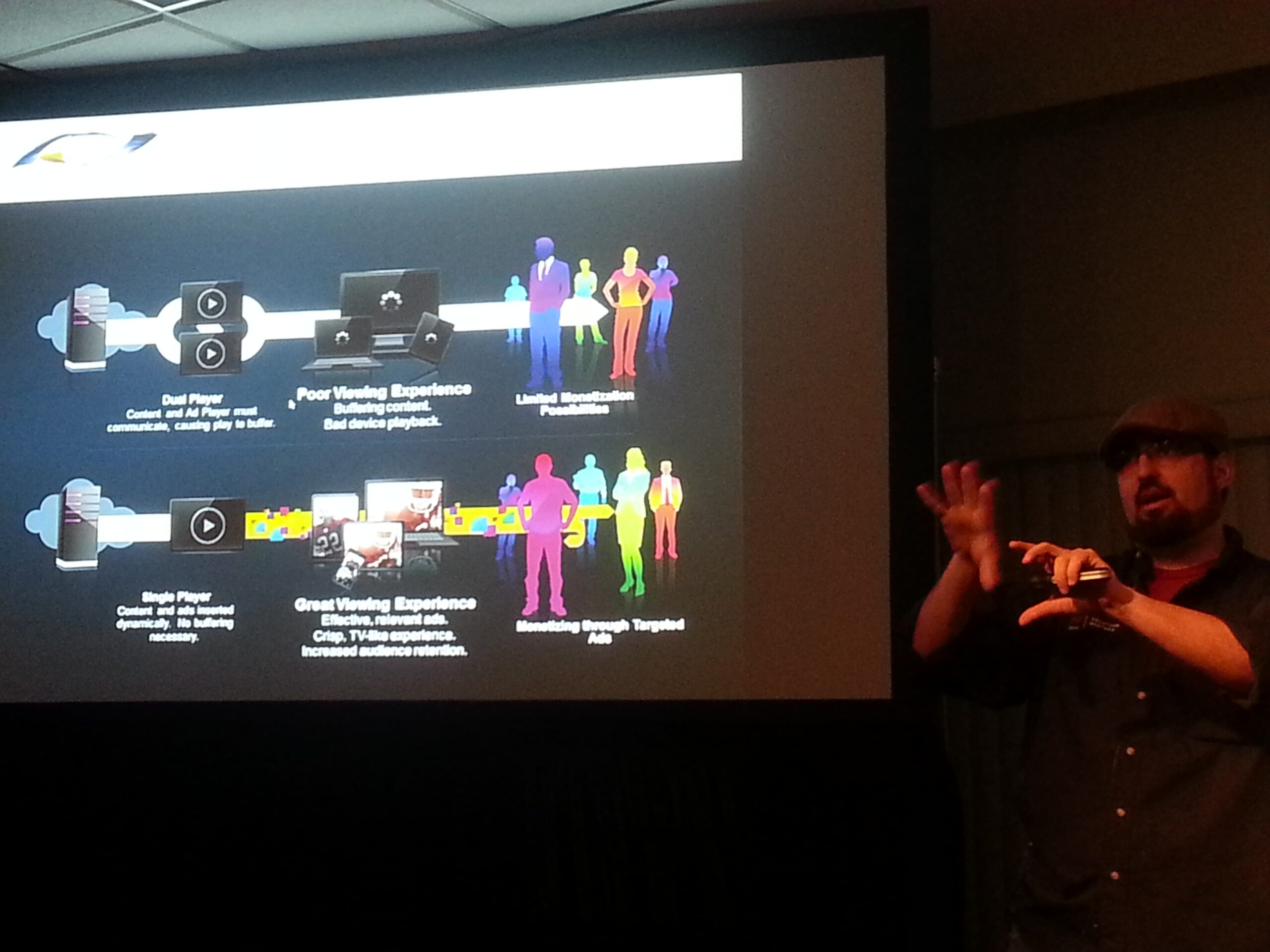
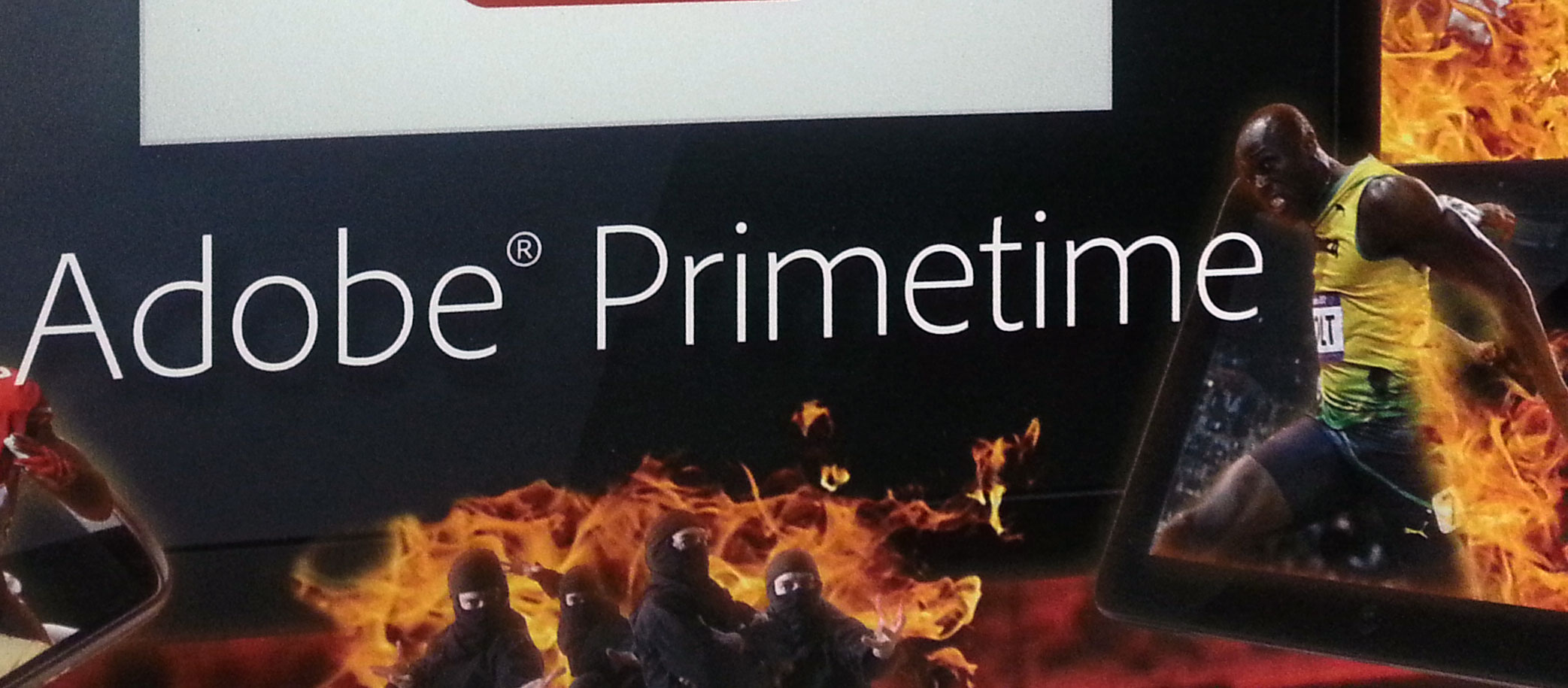










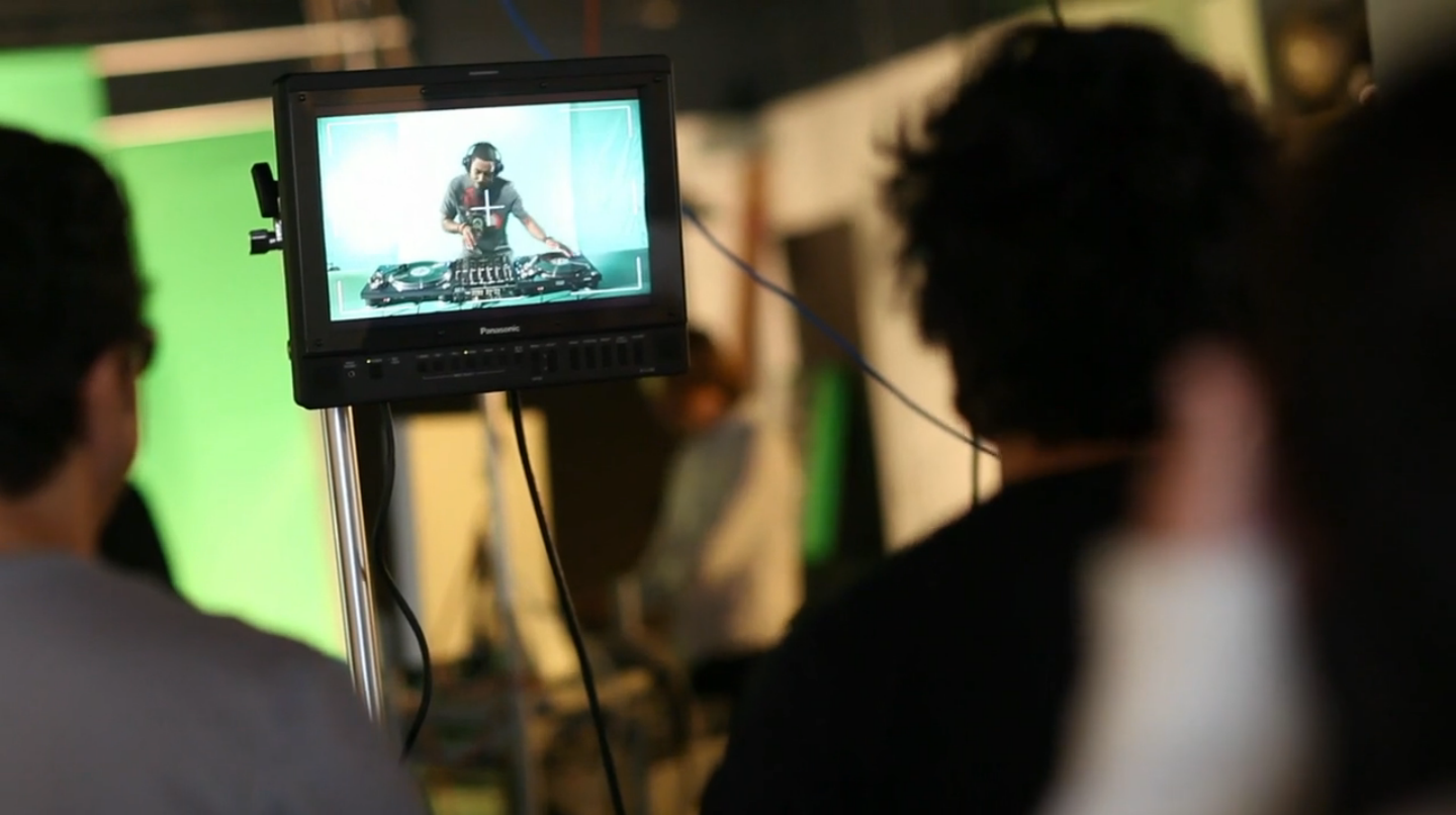
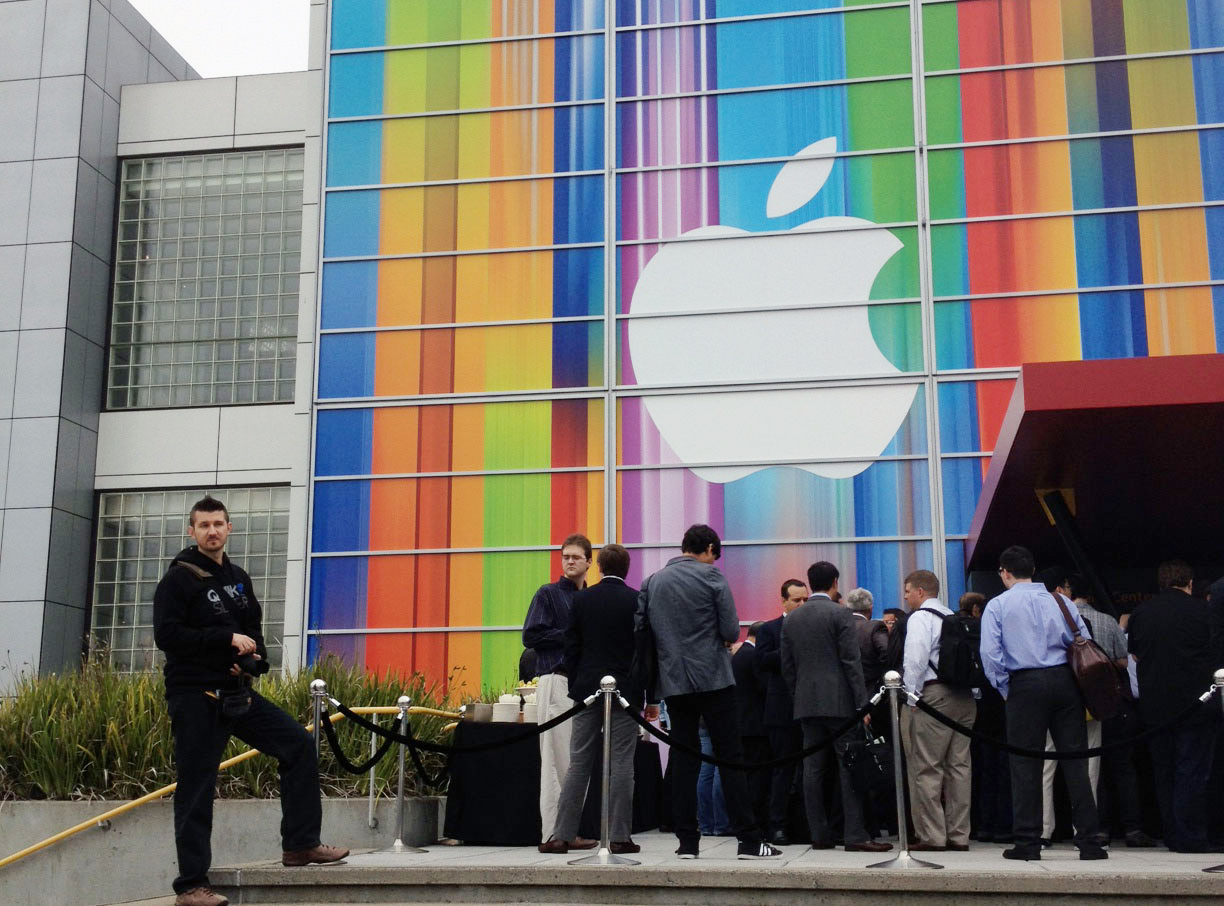

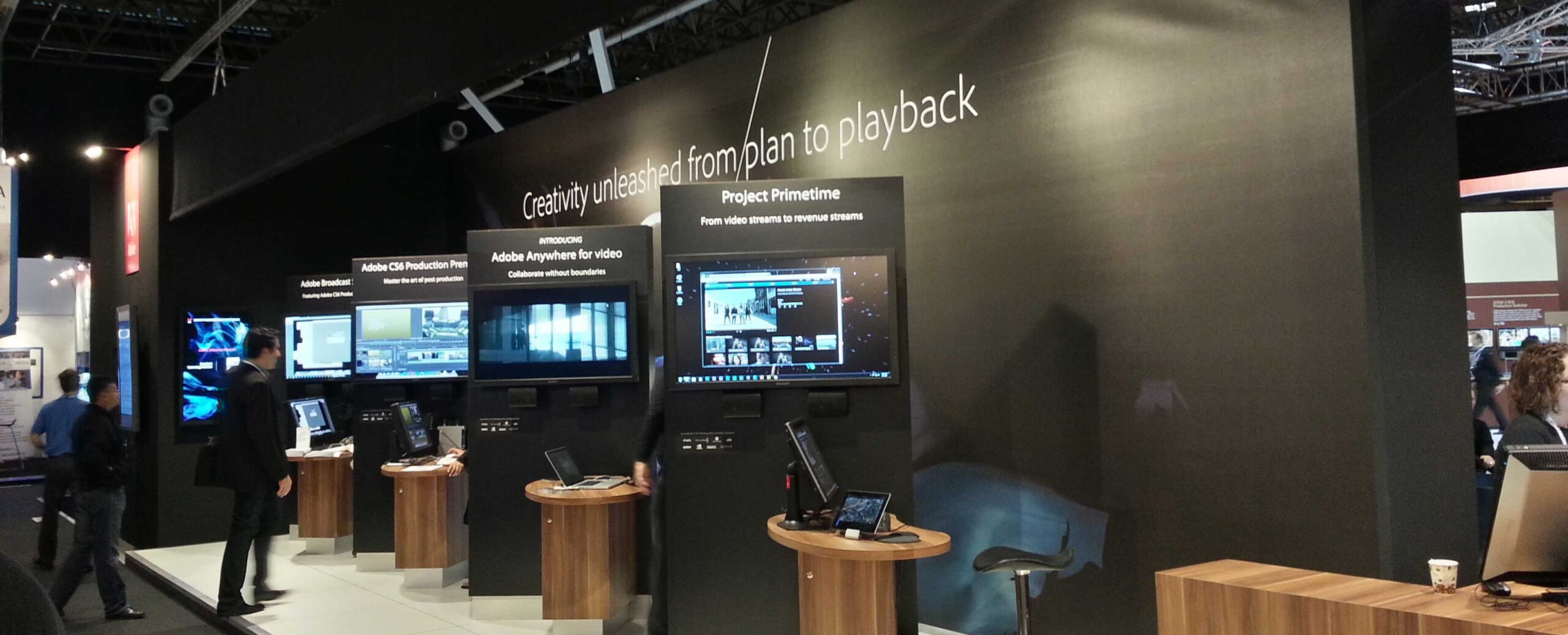










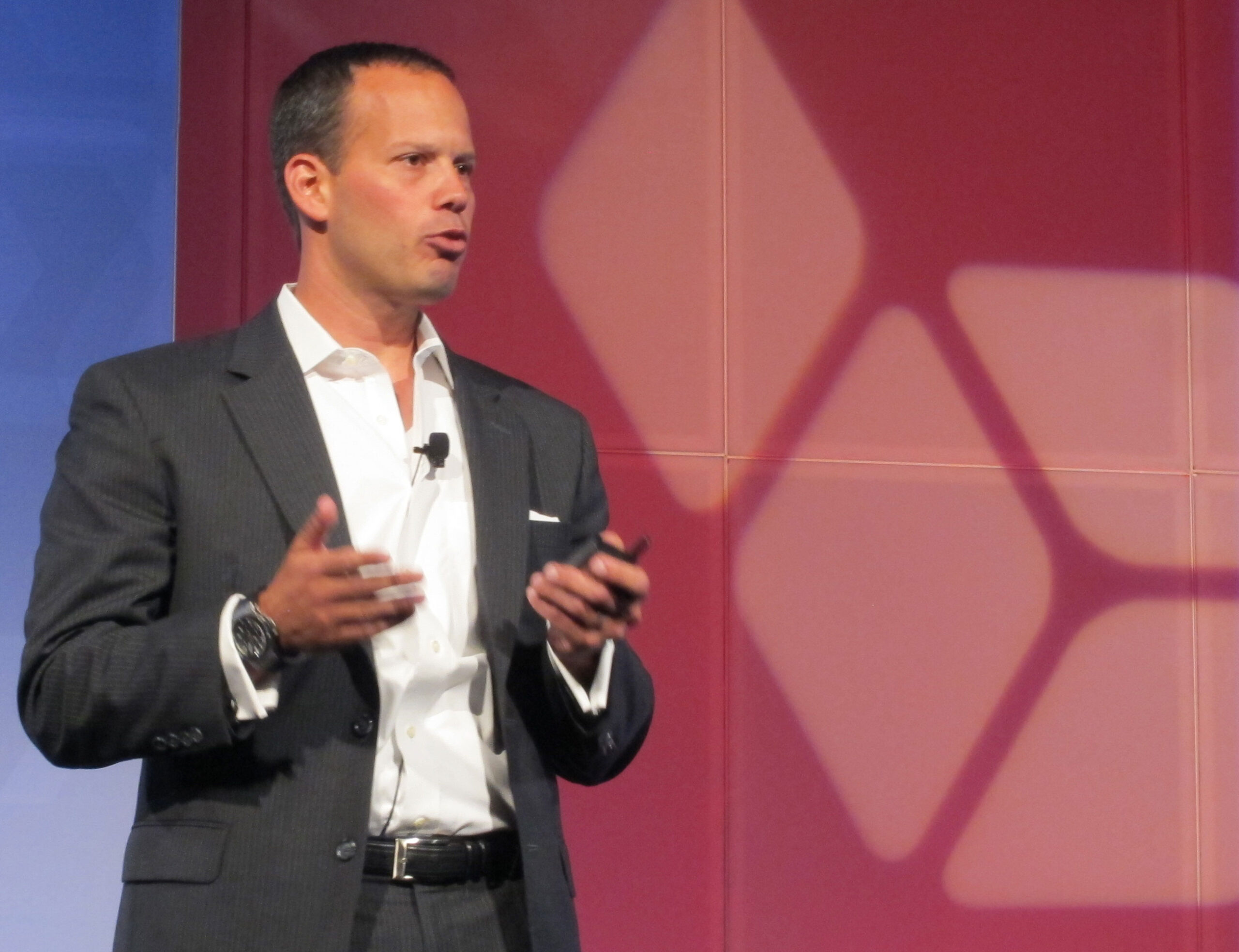
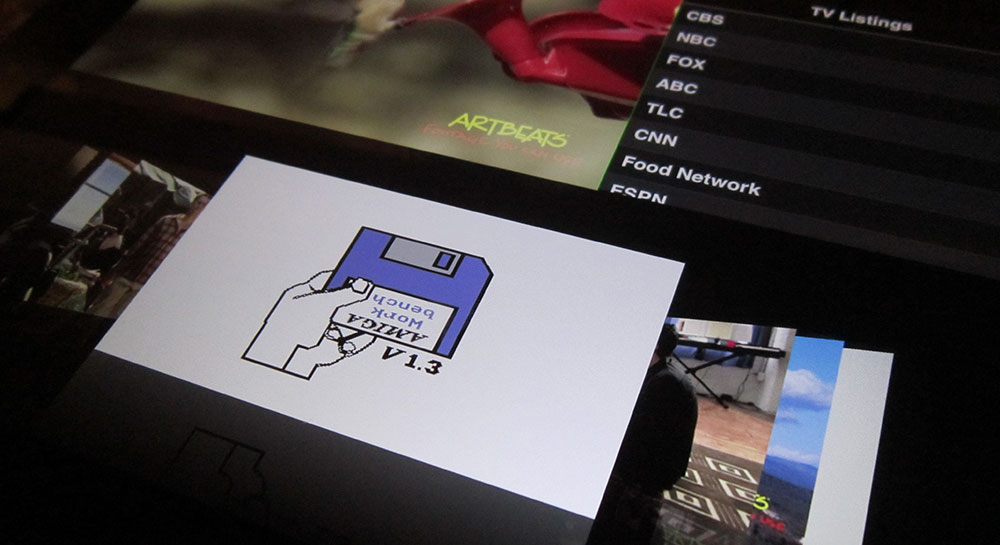
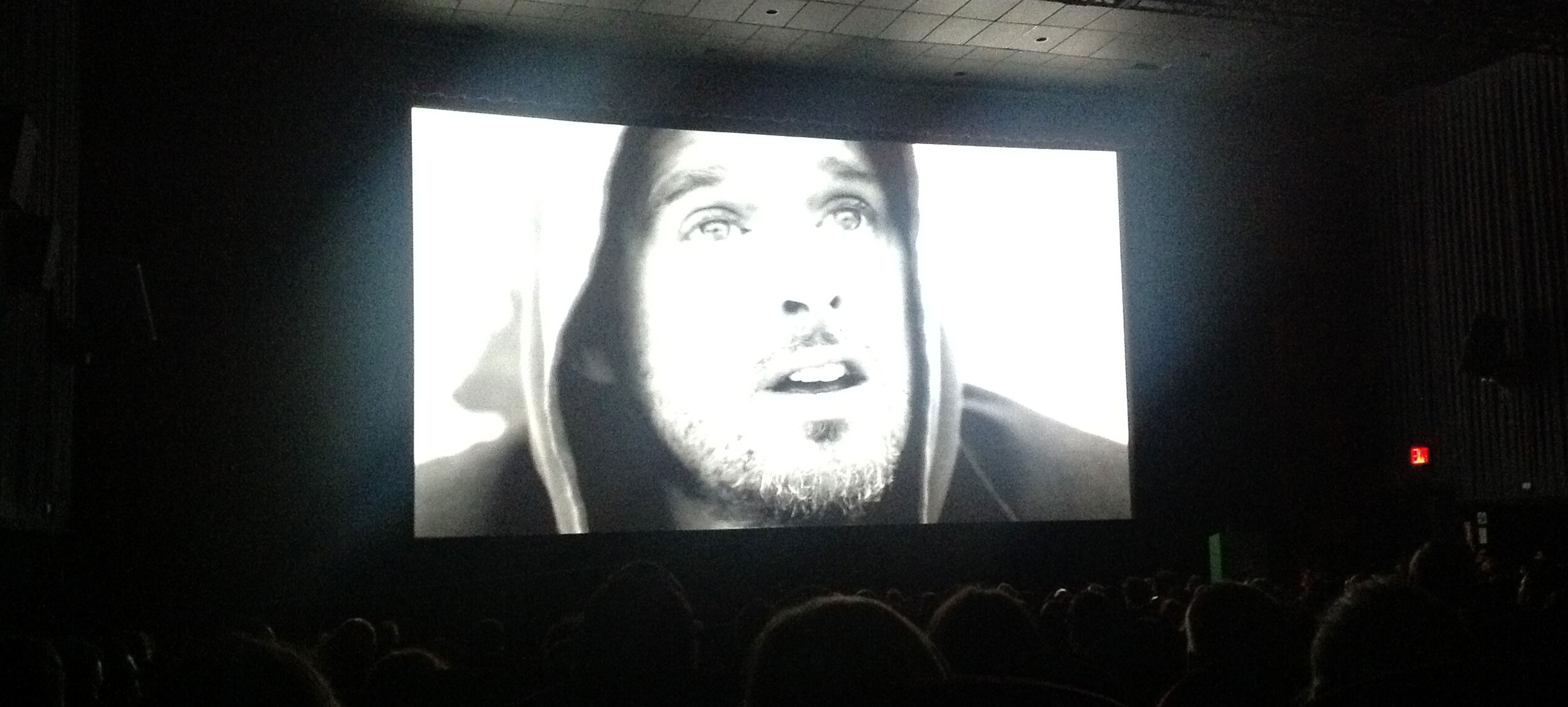


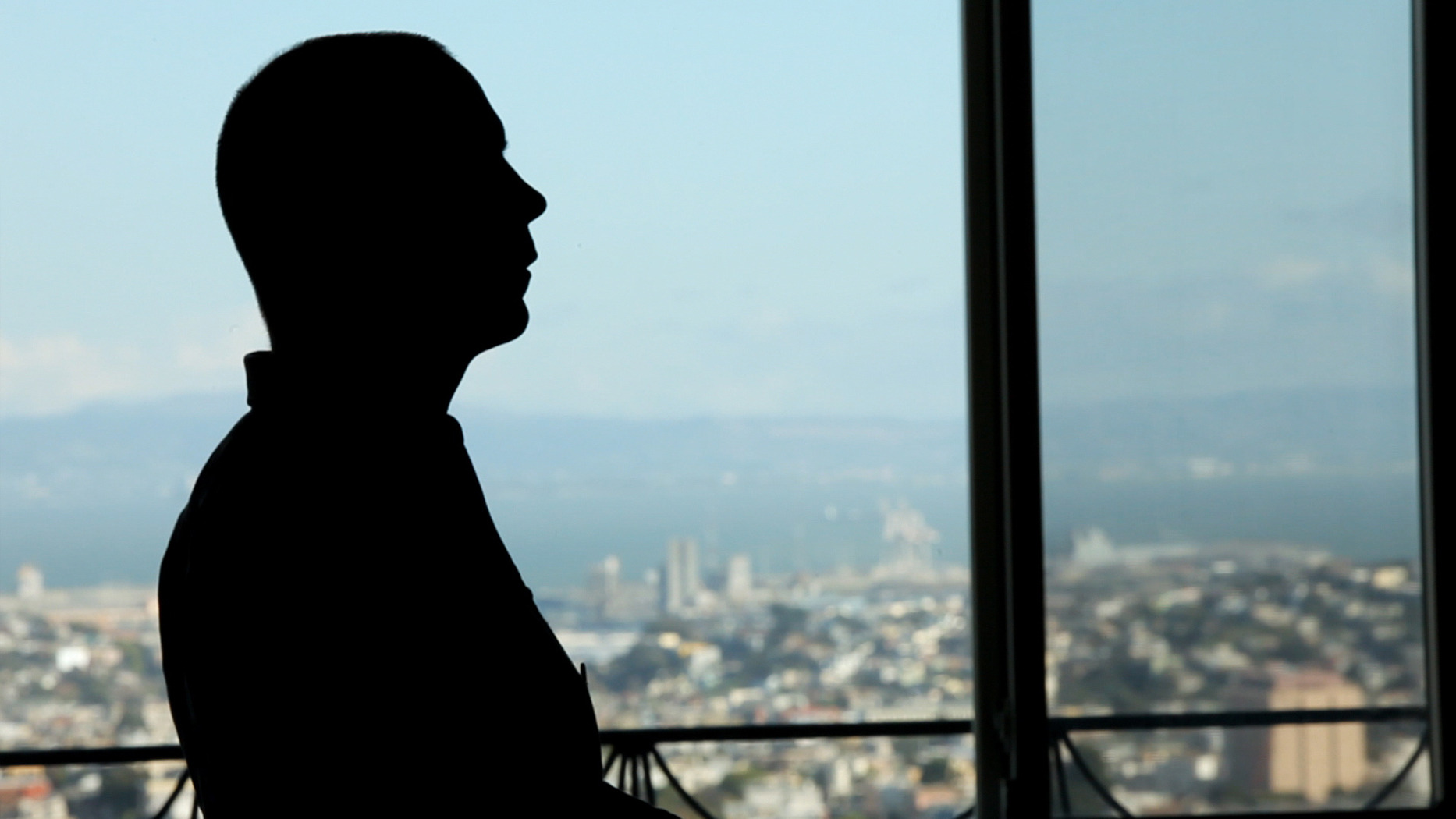
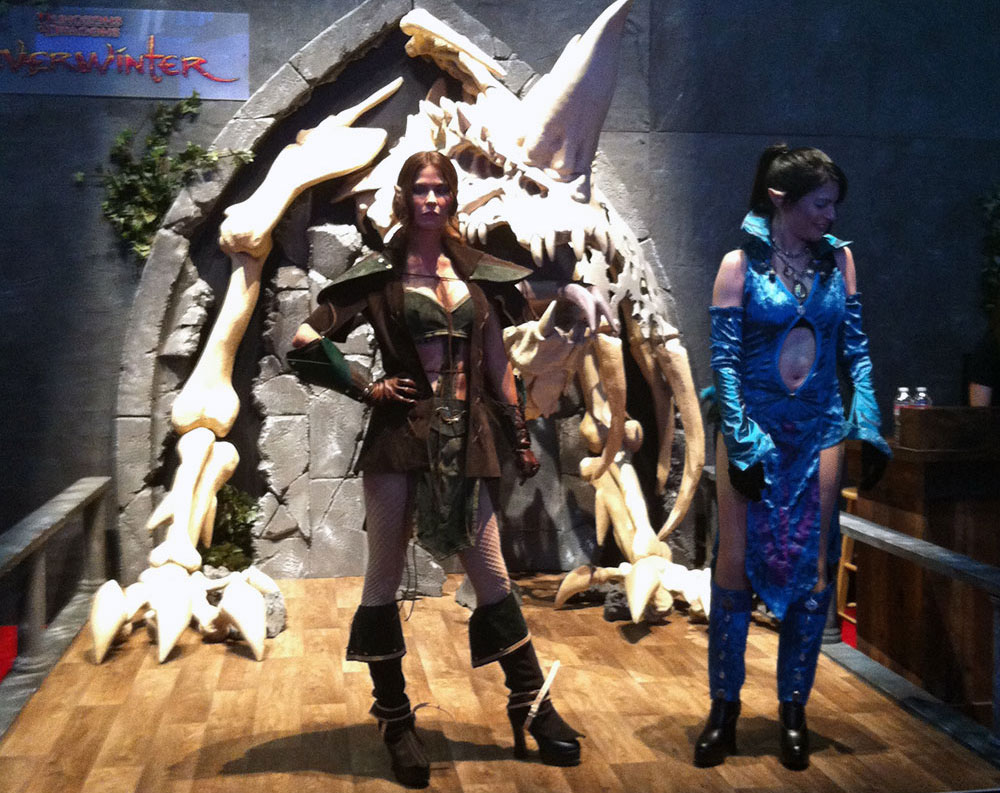
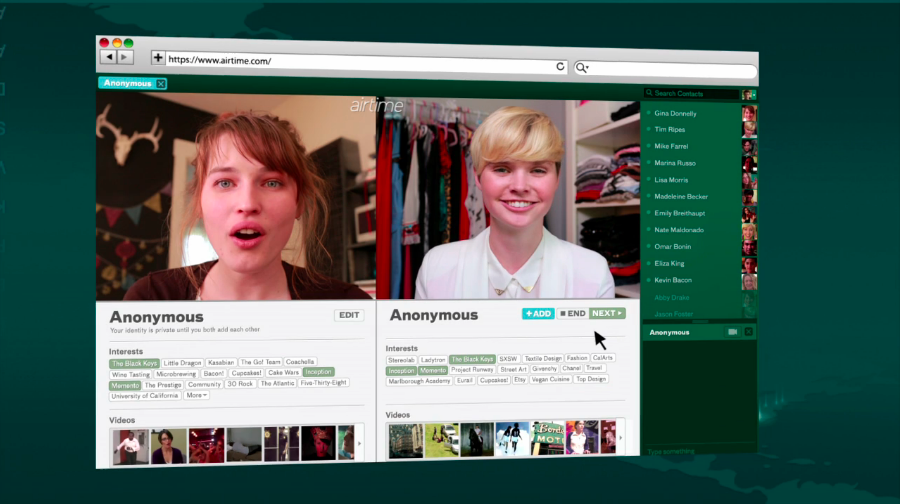

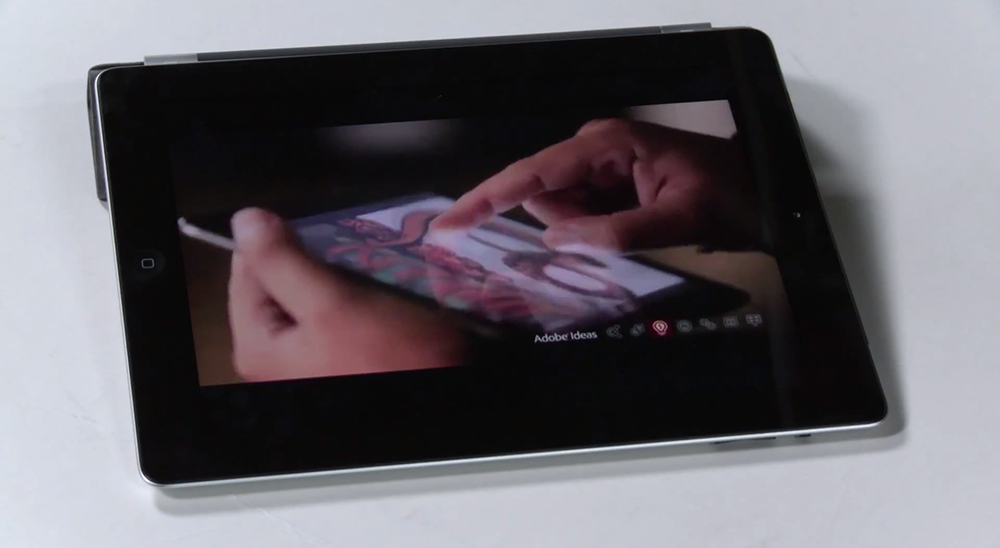
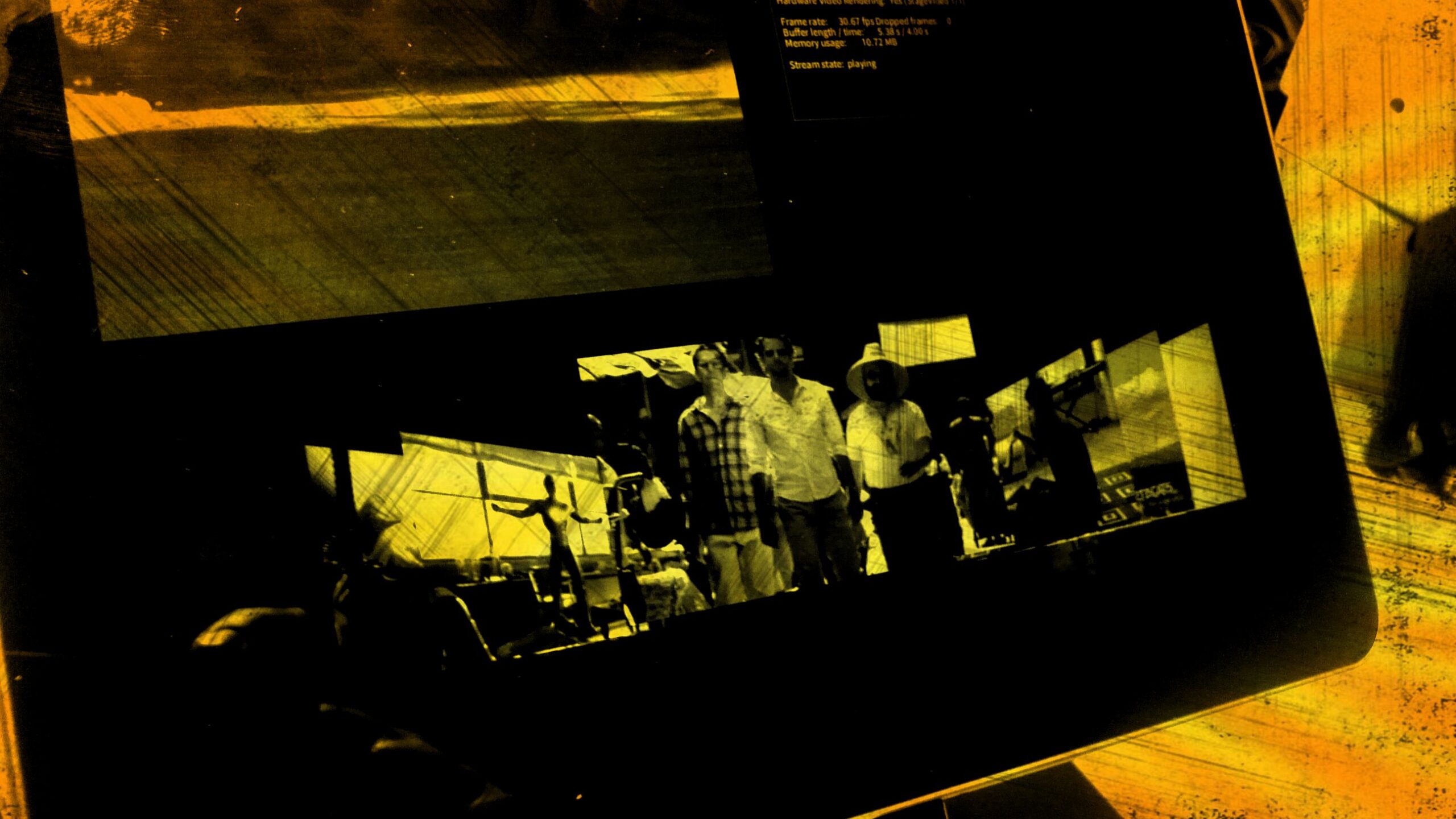



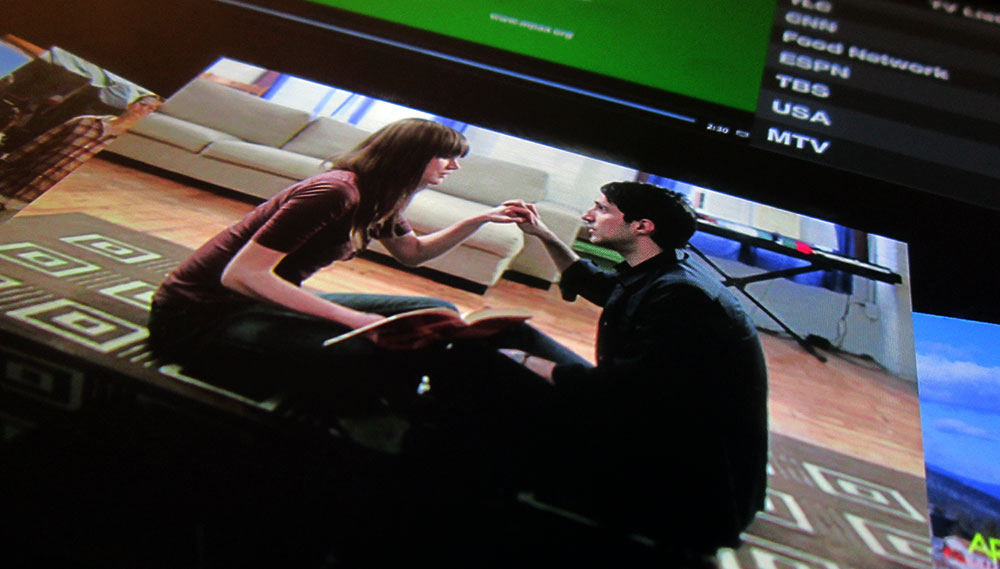



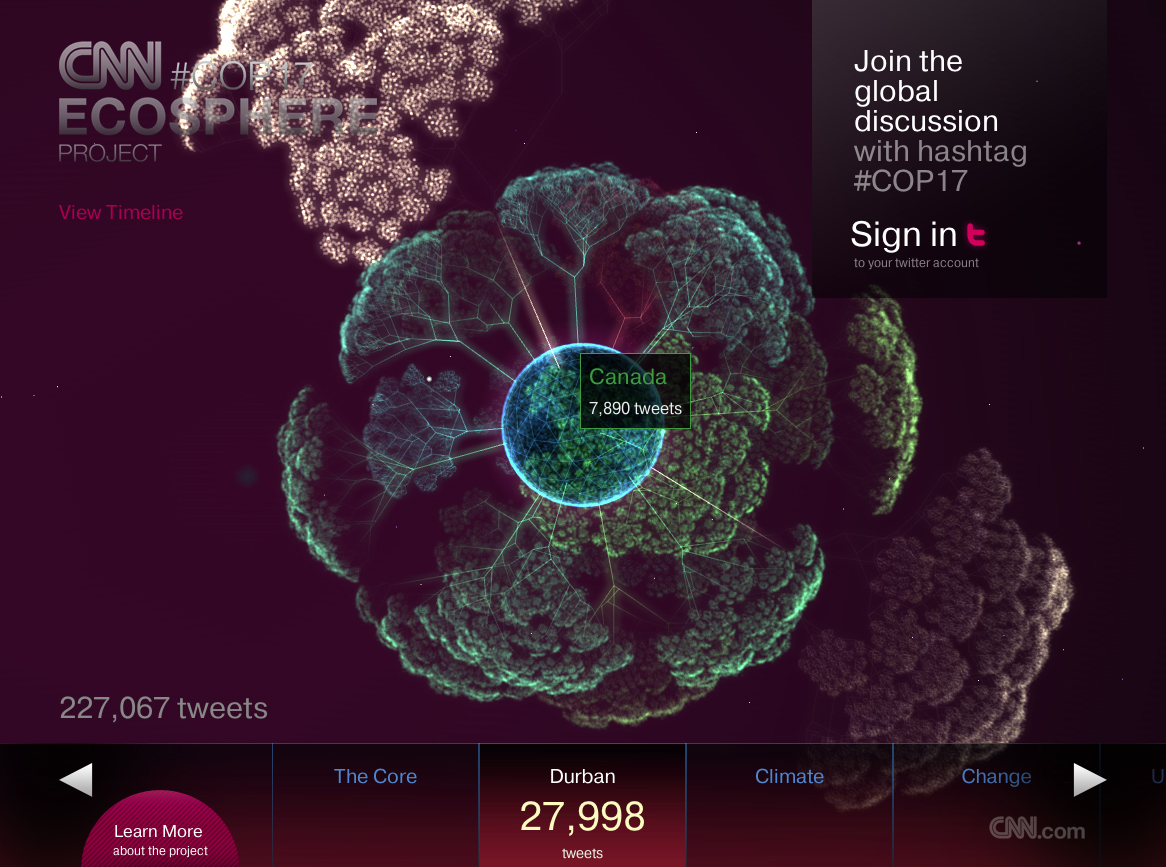

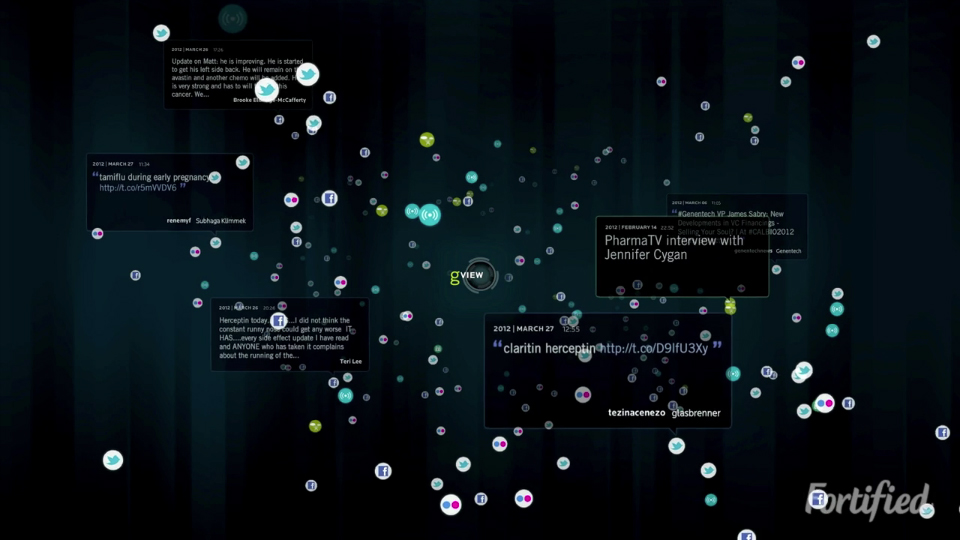







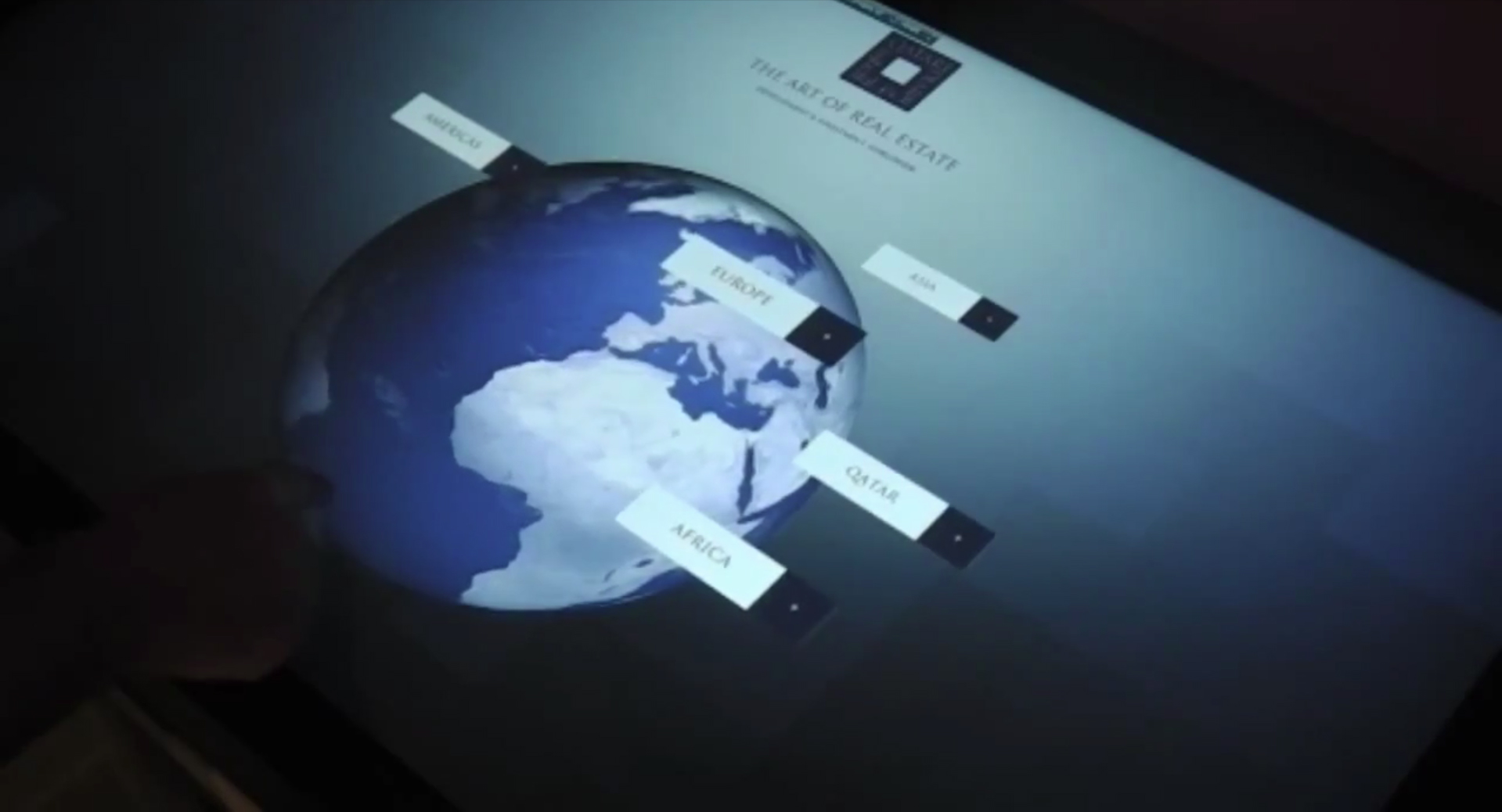






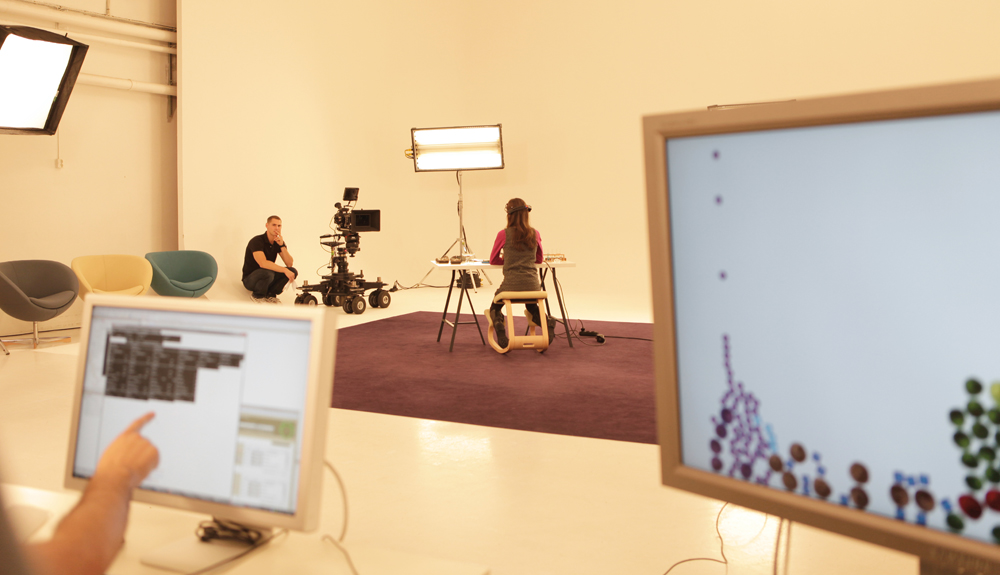
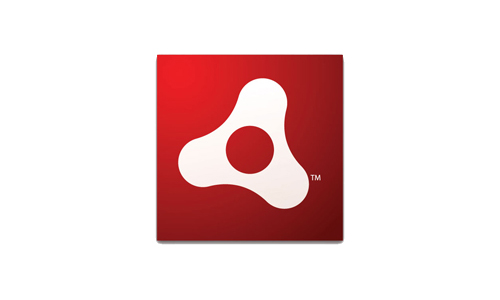
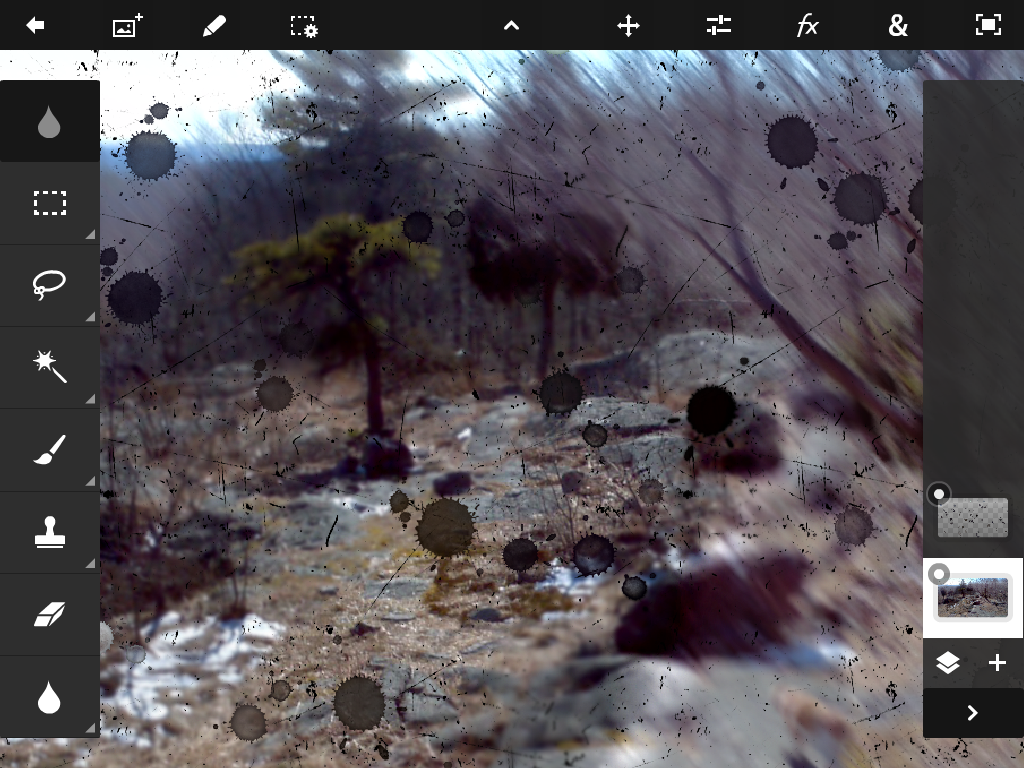

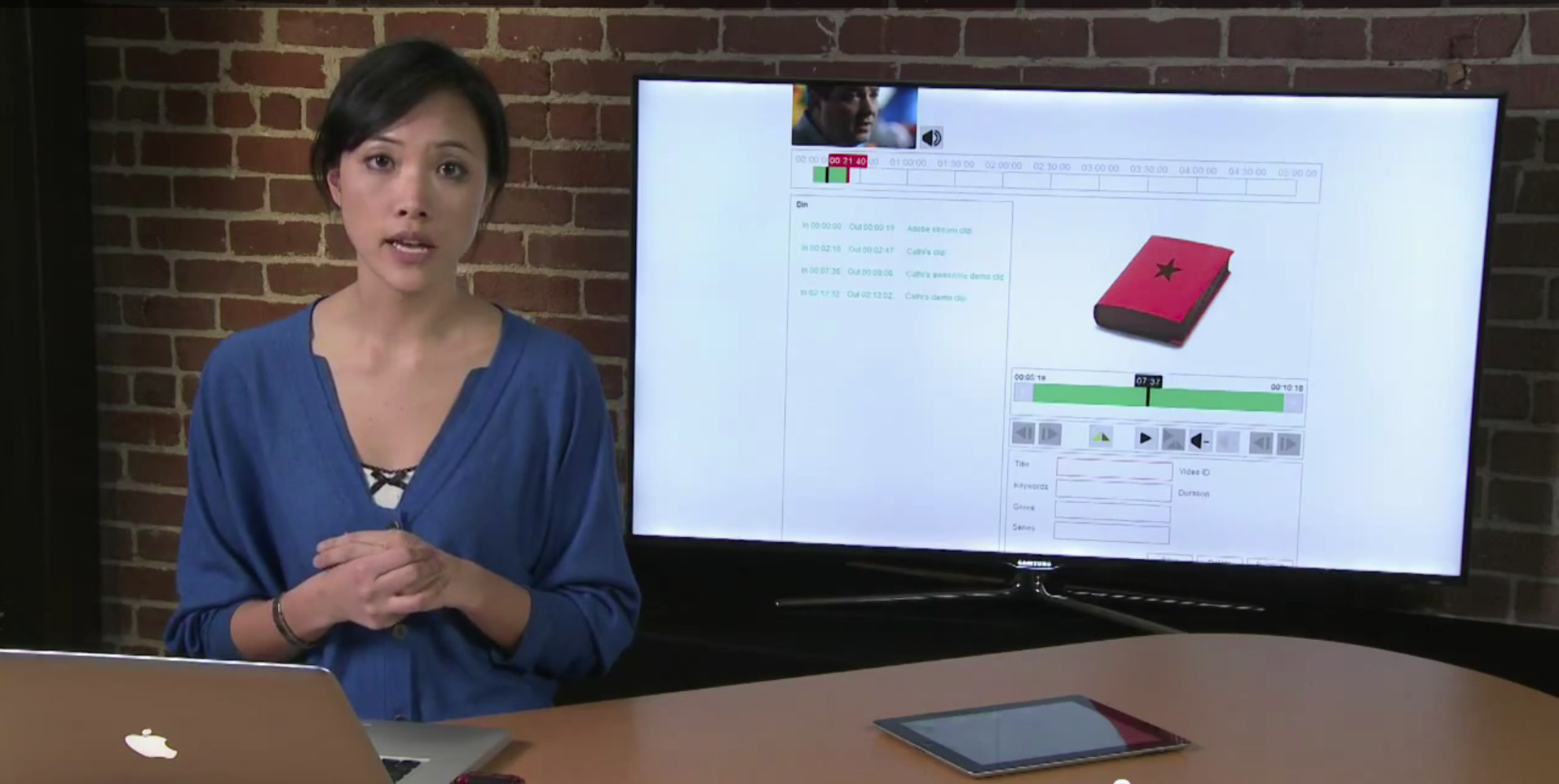
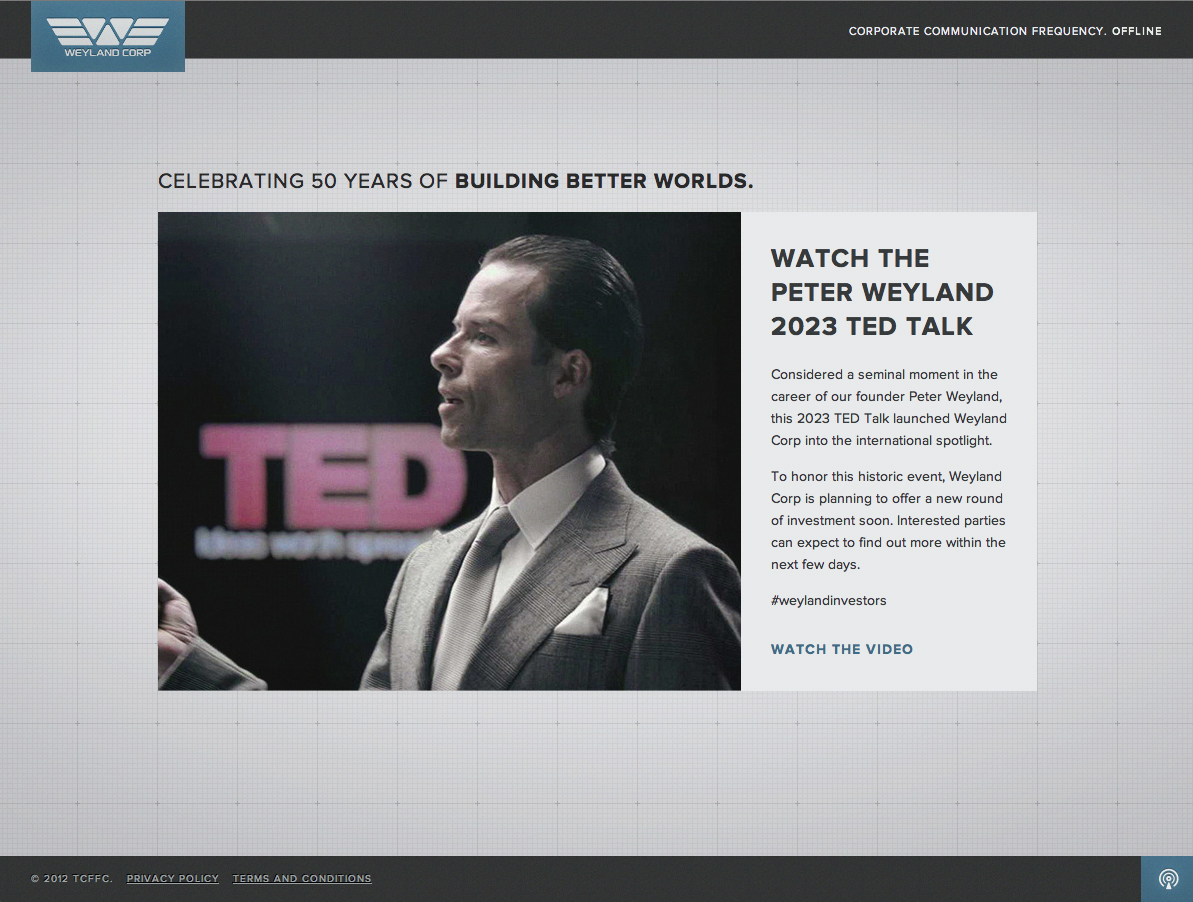
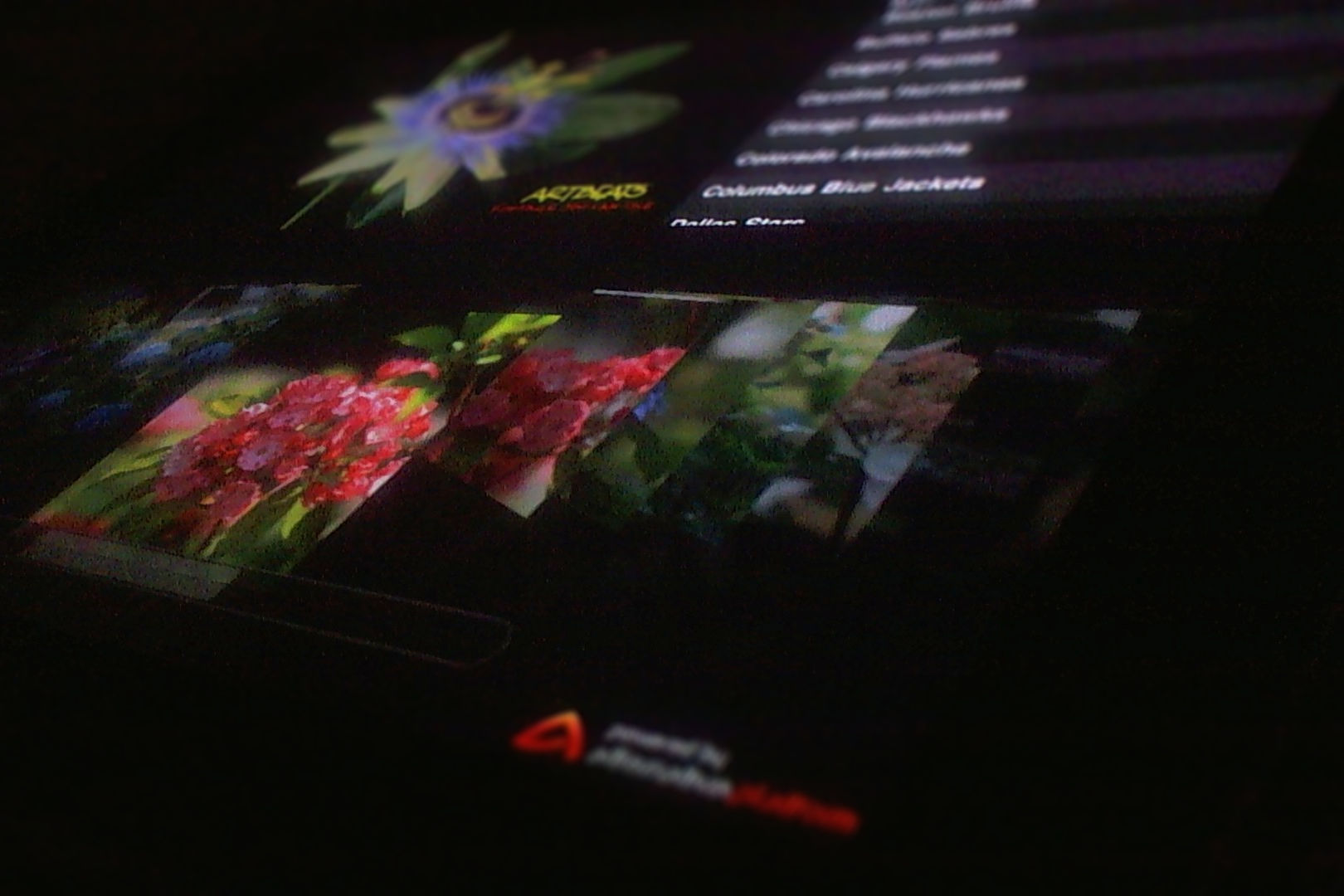

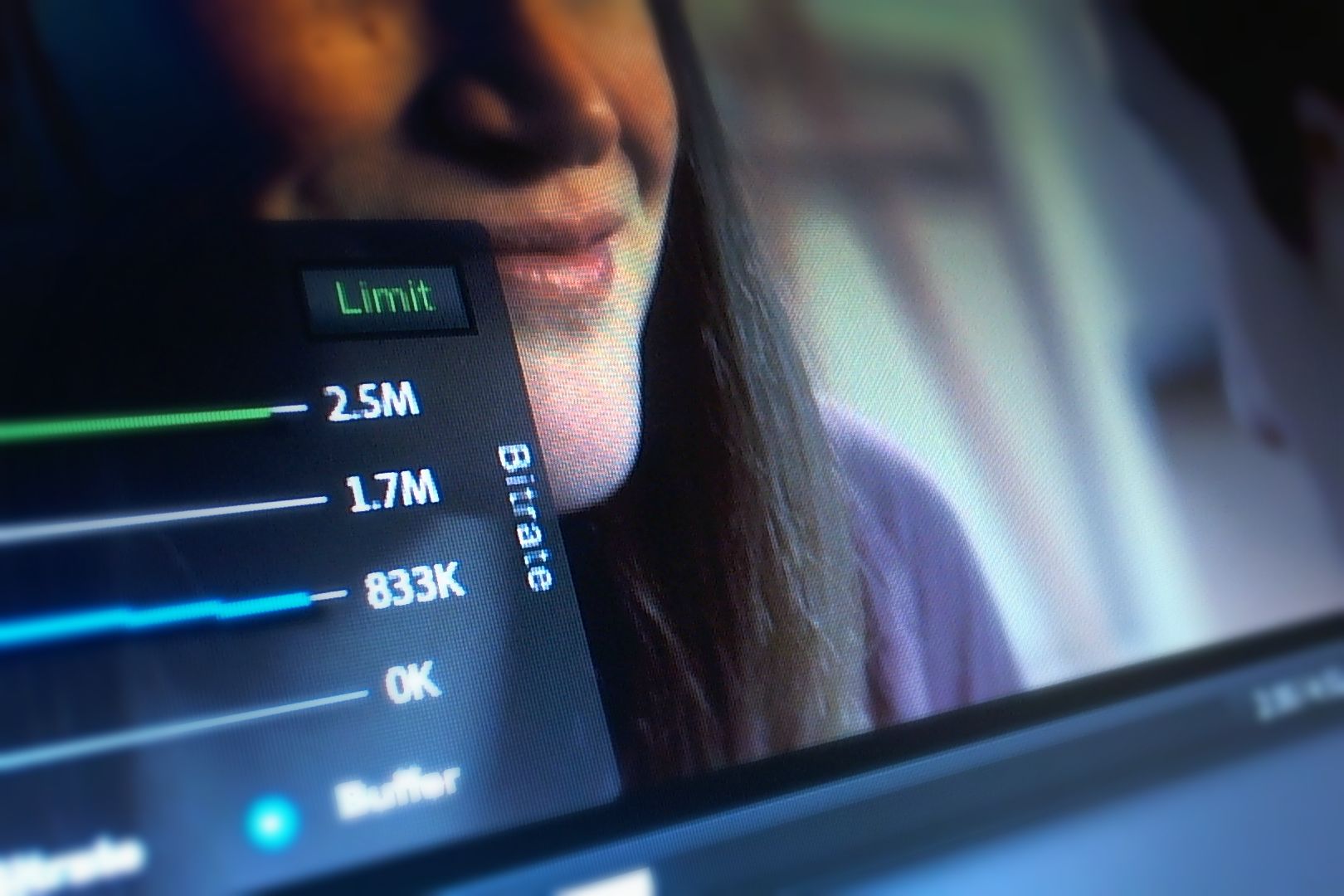
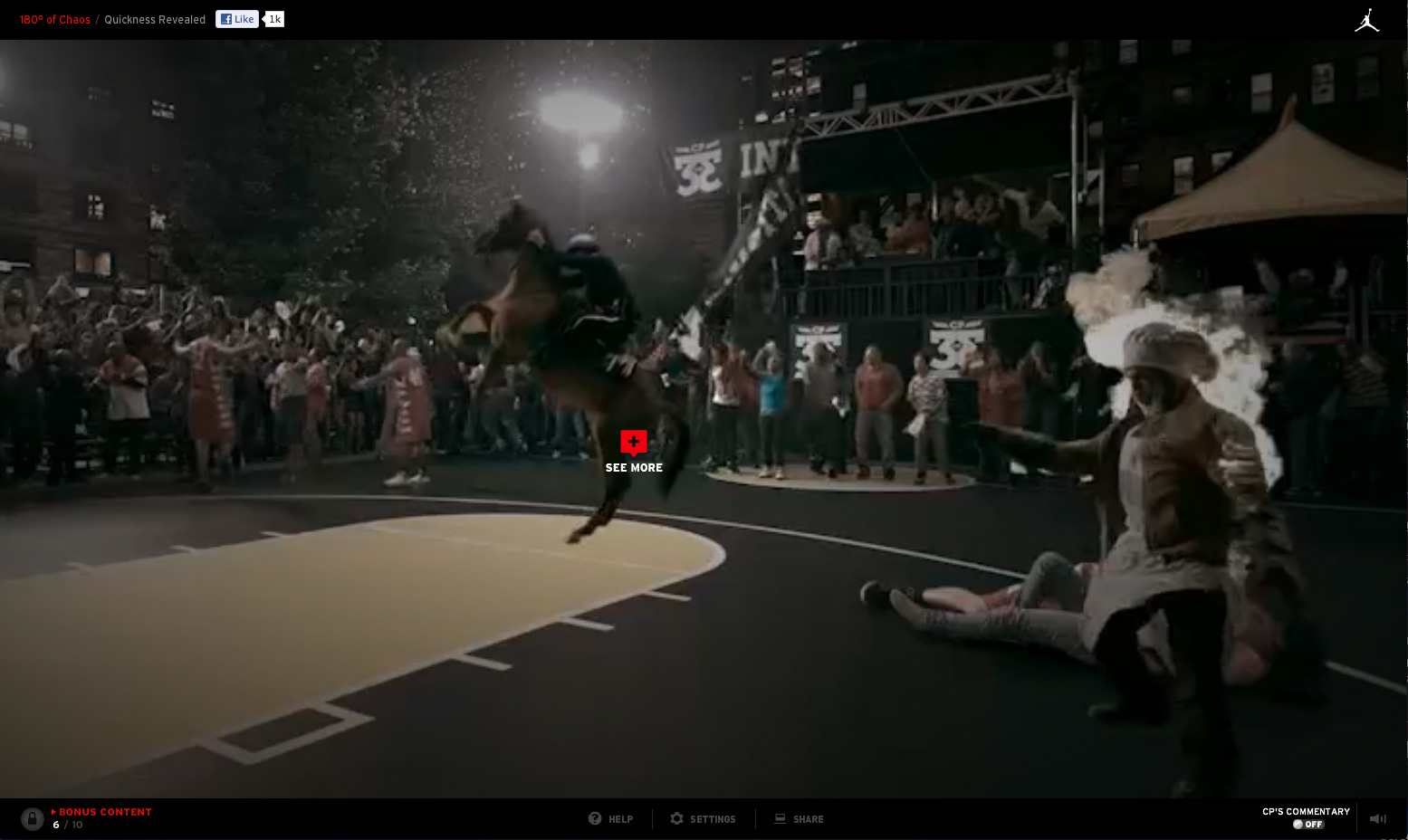







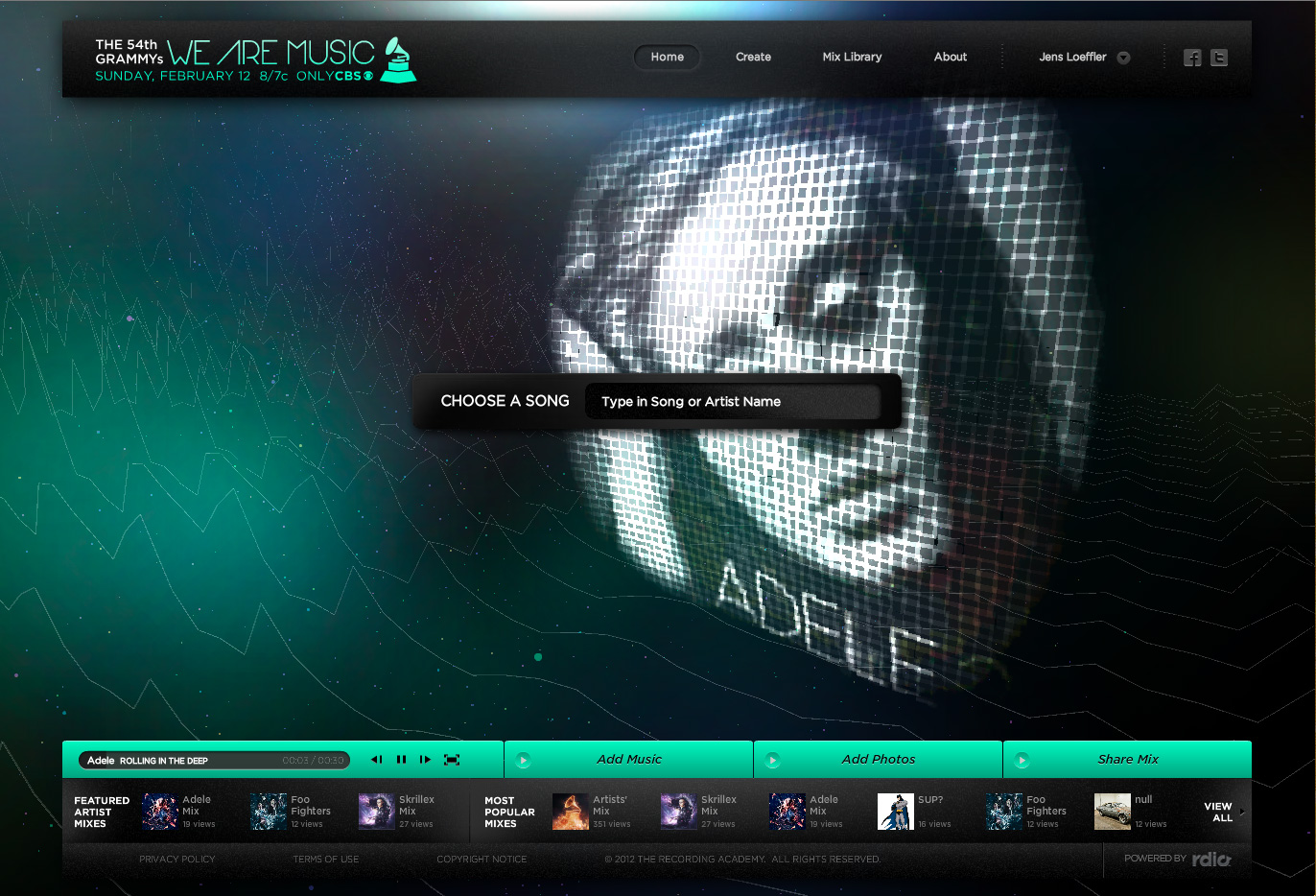


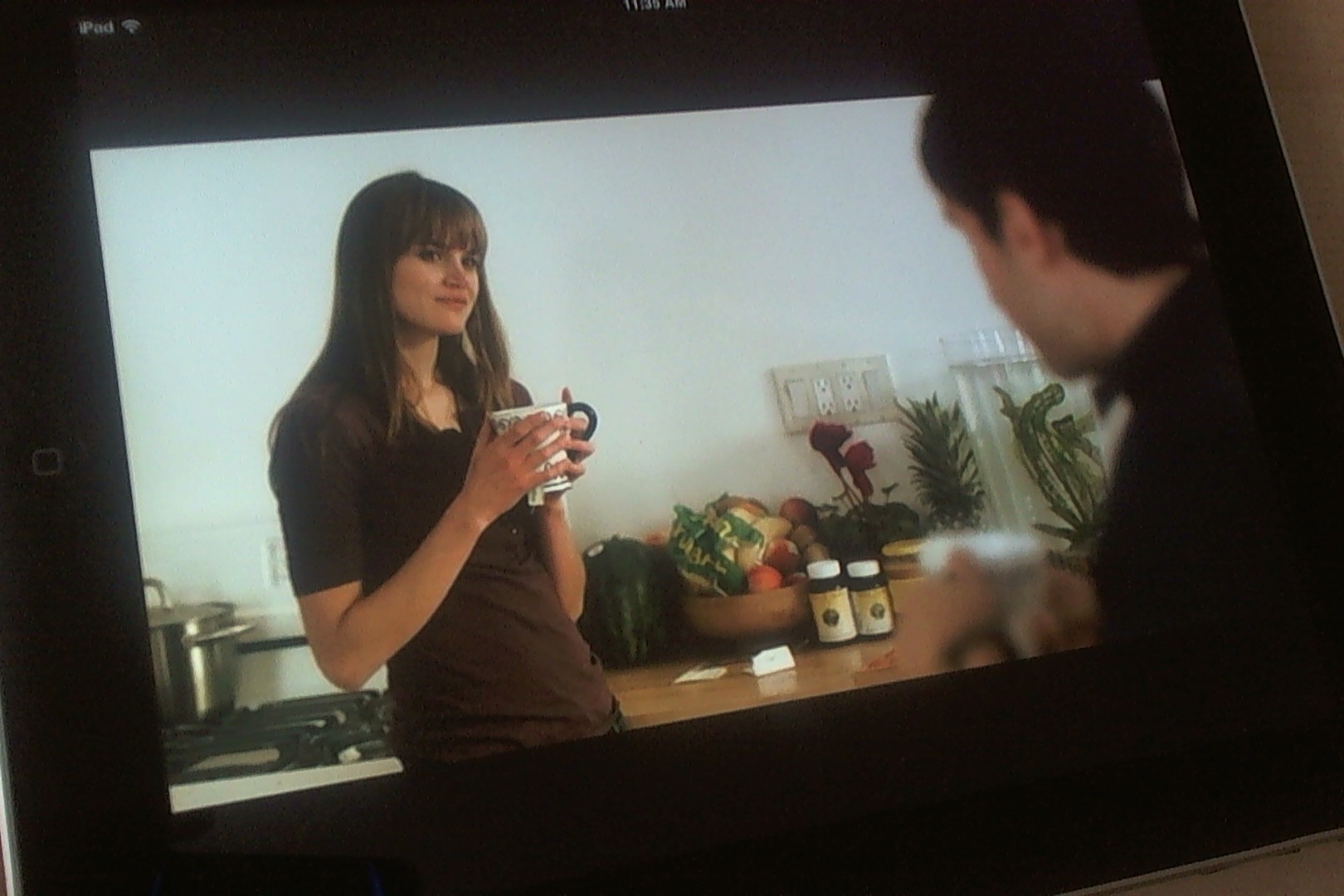




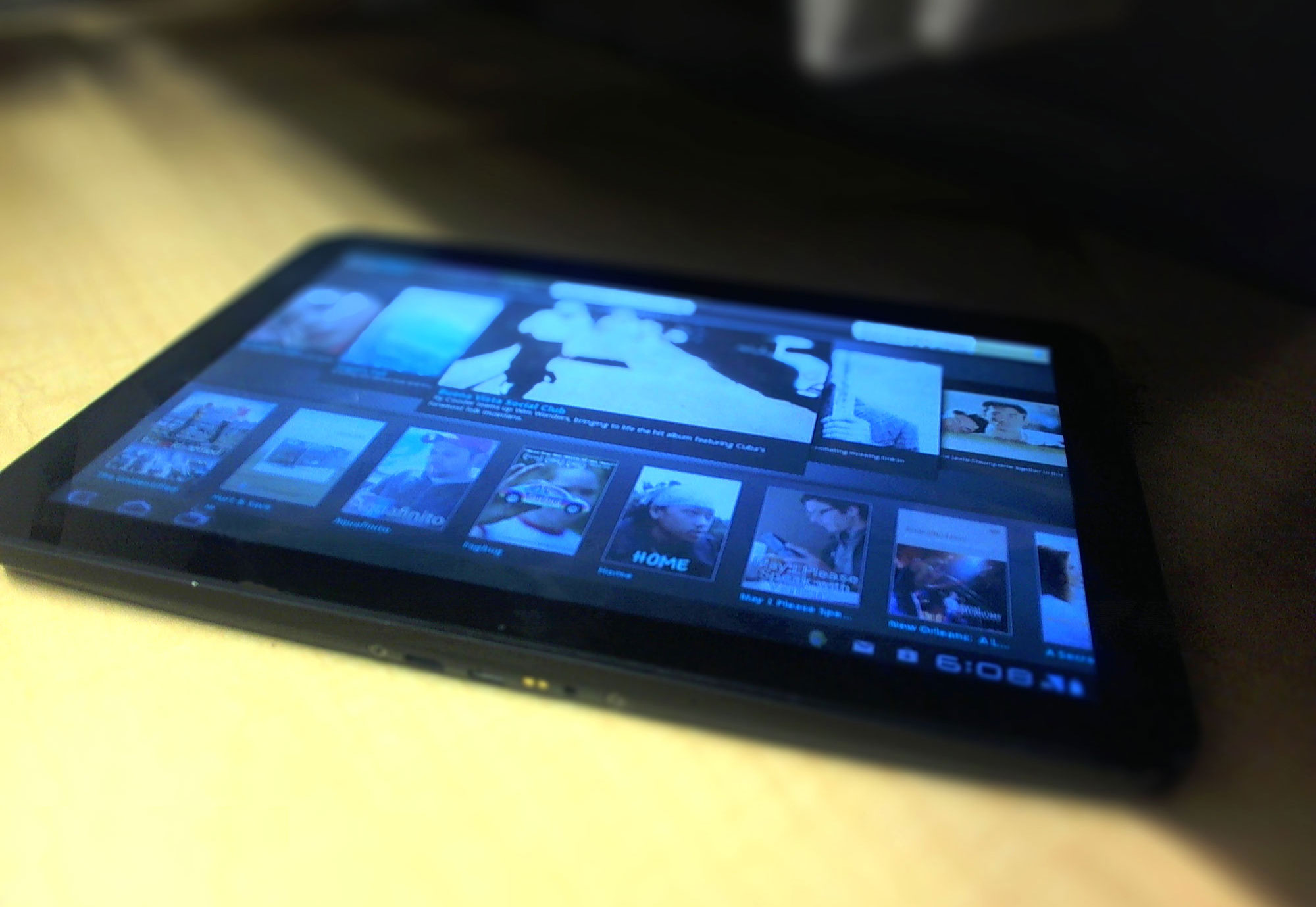


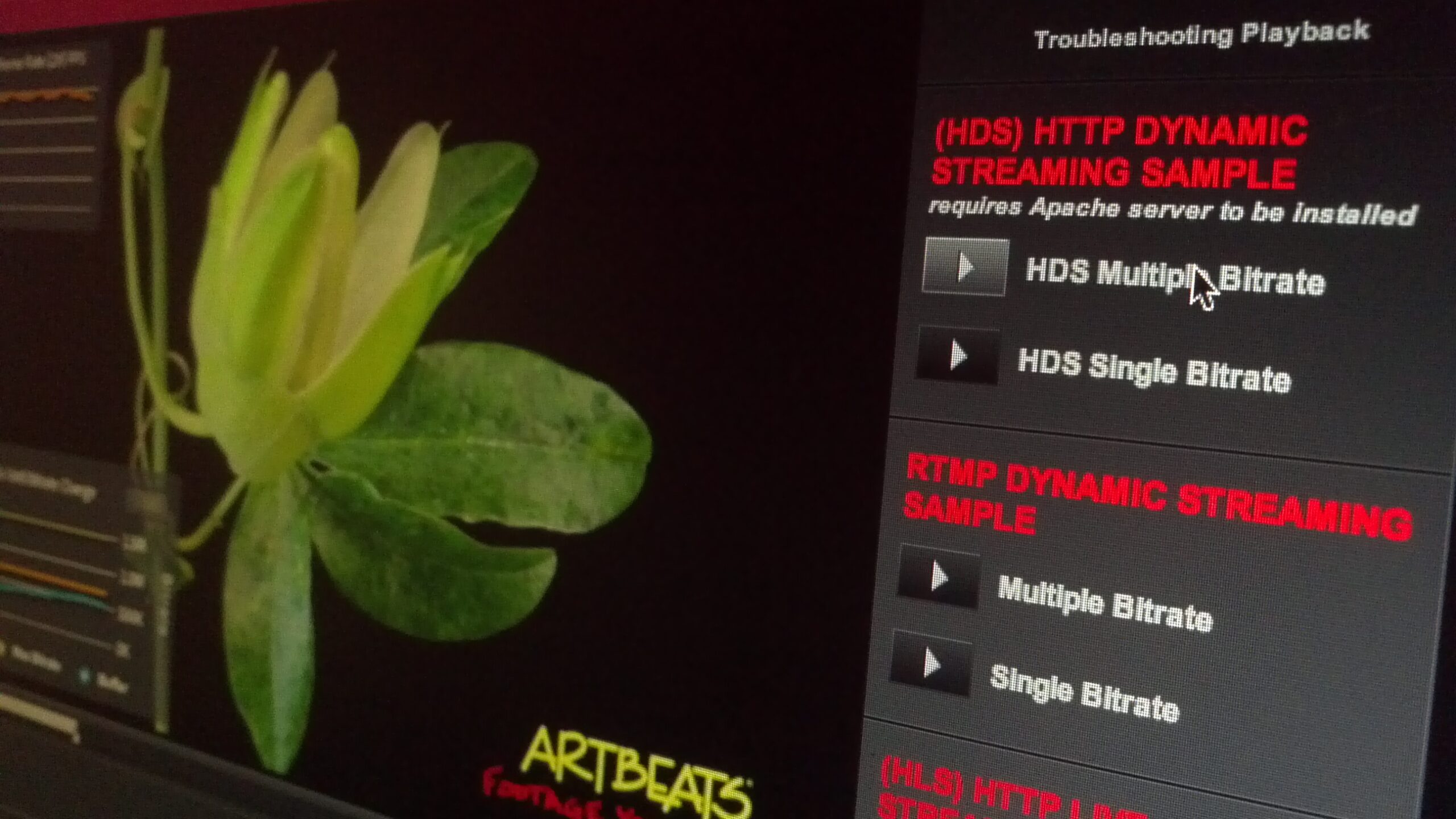



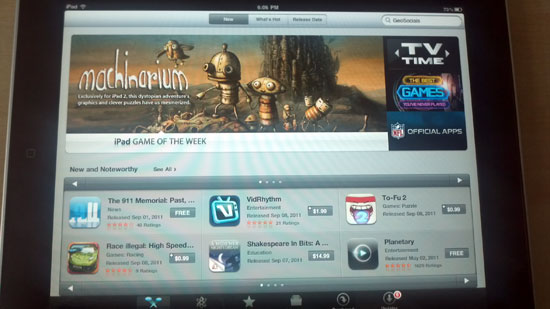
On the topic of talent acquisition… that’s going to be one of several topics Orange (the european telecom) will be covering at their Silicon Valley conference (on innovation and trends) on Sept 17th. I happen to be one of the planners and would like to extend an invitation to you.
The event is free for attendees, (RSVP required), and there are several fellow bloggers from europe and asia who will also be in attendance. Come and meet, network and share stories with them! Email me for more details.